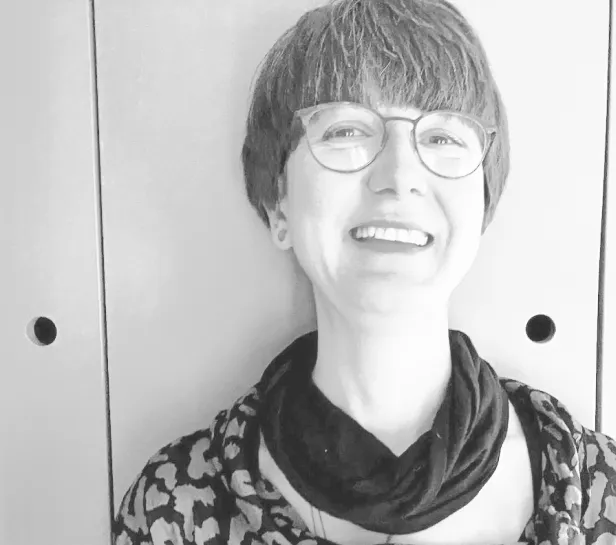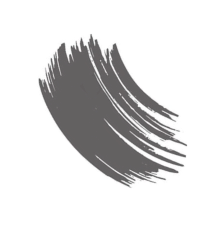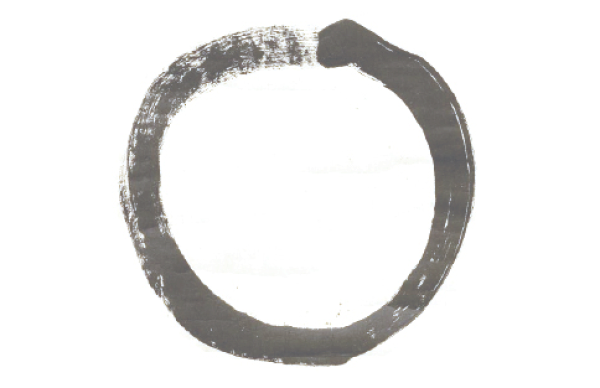The concept of a therapeutic practice named “kōyō” is inspired by the seasonal beauty and profound meaning of autumn. In Japanese language and tradition the term kōyō refers to the changing & vibrant colours of leaves during fall, mainly red, orange, and yellow ones. It is commonly associated with the culture of admiring the autumn foliage and colour diversity and is predominantly used to describe the beauty of autumn leaves as they fall on the ground and change colour. In Japan society a remarkably rich symbolism follows autumn & kōyō, representing the essential concepts of life & death, impermanence, reflection, change, beauty in transience, harvest, abundance, passage of time.
Our practice was developed within the idea that immersing oneself in the natural world, just like leaves do in autumn, can be a deeply healing experience. Just as the vibrant colours of the leaves represent the transience of life, kōyō therapy encourages individuals to reflect on their own personal growth, embracing change, letting go emotional blockings. Our therapeutic proposal invites individuals dealing with any past traumatic experiences to connect with the impermanence of nature, fostering mindfulness and emotional release. By engaging in kōyō’s holistic fields of practice – such as systemic counselling or psychotherapy, life coaching, spiritual guidance, yoga classes, meditation sessions, ceremonial tea meetings – participants can reflect on their own transformations, cultivating a sense of peace, happiness, completeness, acceptance. Through “kōyō” we encourage not only the impermanence of life and passing of time but also celebrate the beauty and serenity that can be found in life’s fleeting moments, offering psychological, emotional, somatic and spiritual clarity, healing, strength and tolerance.

“If you are unable to find the truth right where you are,
where else do you expect to find it?”
Eihei Dōgen
I was born in Central Macedonia, Northern Greece, on January 14, 1983, and spent my early years between an urban environment (Serres) and a natural place, the mountainous and coastal Eastern Pelion – the Mountain of the Centaurs (Damouchari).
I studied Psychology at Aristotle University of Thessaloniki (A.U.Th.) and in 2004, I moved to France for my postgraduate studies in Neuropsychology at University Paul Sabatier (Toulouse III). Upon returning, I pursued further training in Counseling and the Rehabilitation of Special Learning Disabilities and began working with children and adolescents both individually and in groups. At the same time, I felt the need to work with parents and adults, so I continued my education in Systemic-Family Psychotherapy.
Since then (from 2011 until today), I have been working privately as a Psychologist – Systemic Psychotherapist for adults, children, groups, families, as well as individuals with Special Educational Needs. I have worked as the lead Psychologist at the Thessaloniki polyclinic of the NGO Doctors of the World (MdM), as a systemic supervisor for postgraduate students, as a trainer in Private Colleges, Parent Schools, Second Chance Schools, Special Education Schools, and in the Laboratory of Special Vocational Education and Training. At the same time, I am a scientific collaborator at the Center for the Greek Language, where I am responsible for the teaching of Greek as a foreign/second language to individuals with Special Learning Disabilities, ADHD, and Autism. I have also participated as a speaker in seminars, conferences, and workshops, and I am a long-standing collaborator and active member of the Systemic Society of Northern Greece and the Association of Parents of Children with Dyslexia and Learning Disabilities of Thessaloniki and Northern Greece.
For the past fifteen years, I have also been steadily and systematically practicing Yoga & Meditation. In 2020, I decided to start a new cycle of training in the technique of Vinyasa Flow Yoga, breathing techniques, and meditation. Officially, now as a yoga and meditation practitioner-trainer, I coordinate, monitor, and accompany individuals of all ages (both in groups and individually). My primary focus is on the personal and holistic well-being of the practitioner on all levels: physical, spiritual, emotional, mental, and intellectual.
Throughout all these years, my main source of inspiration has been and continues to be my passion and love for people and the beauty of life, while my intense spiritual and existential quests found answers in the philosophy and aesthetics of the East, particularly in the practice of Zen Buddhism. Having developed a deep connection with the simplicity and authenticity of Japanese culture and way of life, I hope to contribute to the dissemination and connection of East and West, through seated meditation (Zazen), ceremonial tea meetings and other practices.

Some Zen sources de-emphasize doctrinal study and traditional practices, favoring direct understanding through zazen and interaction with a master (Jp: rōshi, Ch: shīfu) who may be depicted as an iconoclastic and unconventional figure.
In spite of this, most Zen schools also promote traditional Buddhist practices like chanting, precepts, rituals, monasticism and scriptural study.

Early forms of systemic therapy were based on cybernetics and systems theory. Systemic therapy practically addresses stagnant behavior patterns within living systems without analyzing their cause. The therapist’s role is to introduce creative “nudges” to help systems change themselves. This approach is increasingly applied in various fields like business, education, politics, psychiatry, social work, and family medicine.
